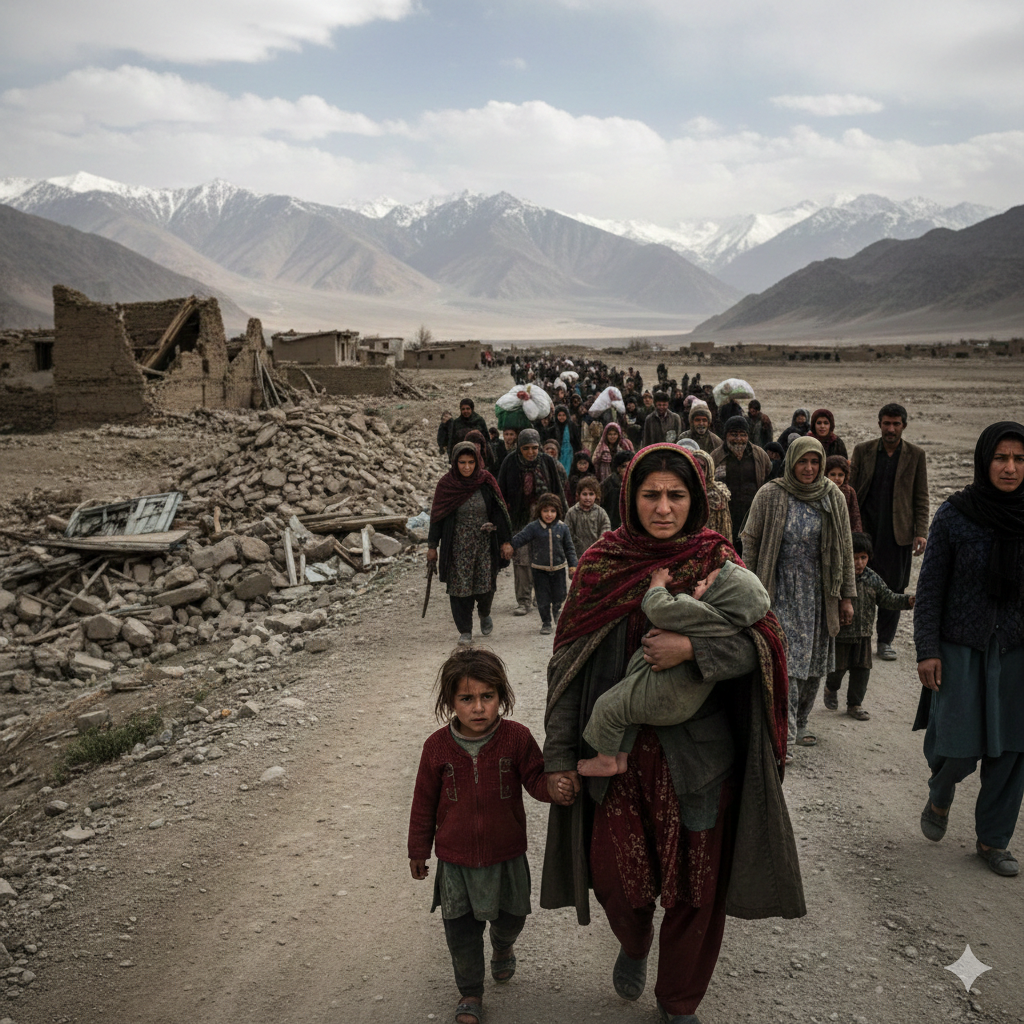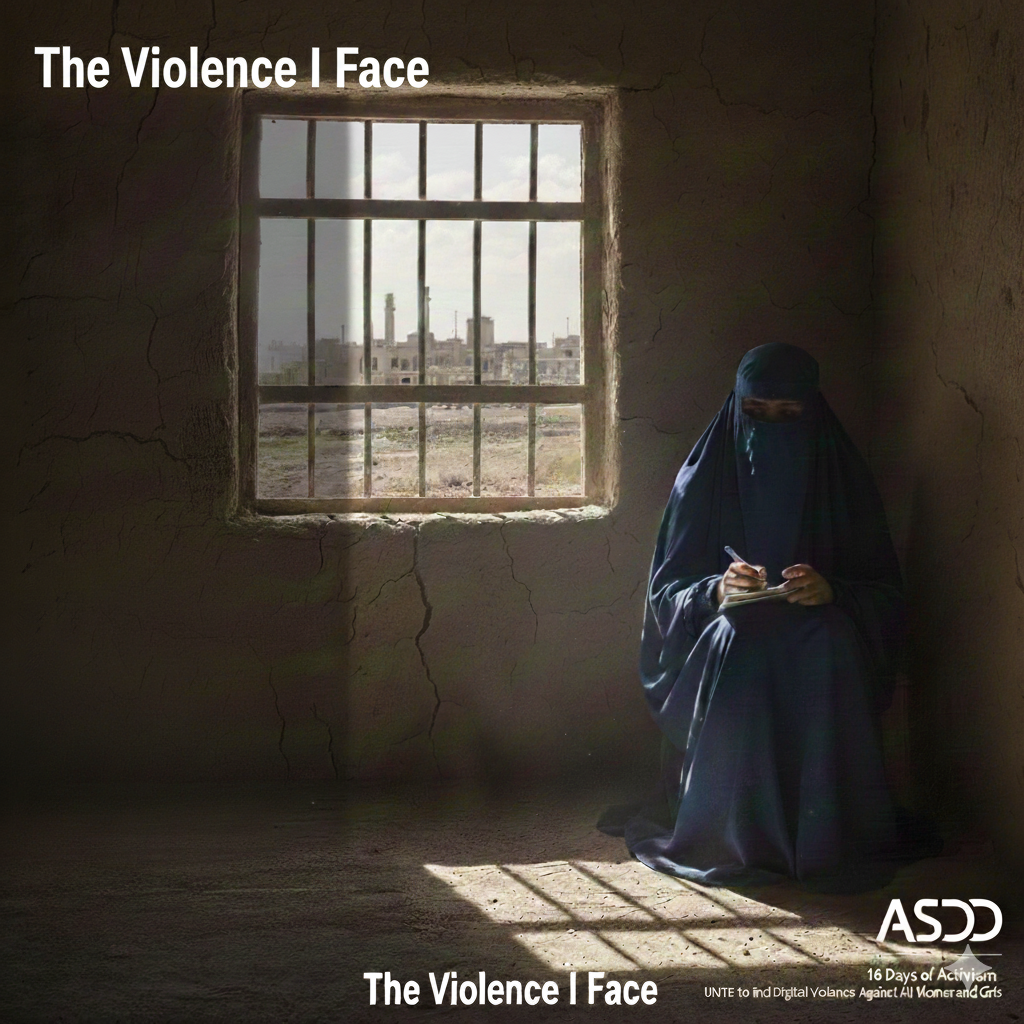Introduction:
The collapse of Afghanistan has plunged the country into a severe economic crisis, exacerbating poverty, food insecurity, and gender inequality. This essay examines the economic ramifications of Afghanistan’s collapse, focusing on the escalating food prices, exclusion of women from education and employment, the impact on women-owned businesses, and the urgent need for international assistance. By citing reputable sources, this essay aims to shed light on the gravity of the situation and emphasize the imperative of global support in addressing these pressing issues.
The Escalation of Food Prices and Deepening Poverty:
Following the collapse of Afghanistan, the cost of food baskets skyrocketed by 35 percent, pushing impoverished households further into debt or forcing them to liquidate their assets merely to survive (UNHCR, 2022). This alarming surge in food prices disproportionately affects households already living below the poverty line, intensifying their vulnerability and exacerbating the economic hardships they face.
Exclusion of Women from Education and Employment:
The exclusion of women from education in Afghanistan has had dire consequences for the economy. It is estimated that the Afghan economy loses approximately one billion dollars each year due to limitations imposed on education, skills development, and human capital investment (UNHCR, 2022). The denial of educational opportunities and subsequent unemployment have left a substantial female workforce jobless and mired in debt. This dire economic crisis has fostered an environment where individuals resort to extreme measures to secure their survival.
Impact on Women-Owned Businesses:
The implementation of sexist legislation by the Taliban has dealt a severe blow to women-owned businesses in Afghanistan. According to a report by UNHCR (2022), 42 percent of women-owned enterprises have been forced to close due to these discriminatory laws. Prior to the Taliban’s takeover, numerous women-led enterprises were flourishing, but the restrictions on women’s education and employment have inflicted significant setbacks. Limited access to capital, inadequate business training and support, cultural norms, and security concerns have hindered women’s mobility and business operations, resulting in devastating consequences for women entrepreneurs (The Economist, 2022).
Alarming Increase in Female Suicides:
The dire economic situation has tragically driven many women to take their own lives as their avenues for growth and self-sufficiency have been dismantled. Urgent action is required to address this distressing issue, as the number of women losing hope and resorting to suicide continues to rise. The absence of adequate support and guidance, particularly in rural areas where the majority of the population resides, exacerbates the vulnerability of these women.
The Urgent Need for International Support:
While the United Nations (UN) has introduced initiatives through local NGOs to provide aid in Afghanistan, these efforts often fail to reach the wider population, focusing primarily on specific cities. Consequently, a comprehensive and immediate response from the international community is essential to address the worsening economic crisis and gender inequality in Afghanistan. Failure to act promptly may result in further loss of lives and the continued deterioration of the economy.
Conclusion:
The collapse of Afghanistan has triggered an acute economic crisis with far-reaching consequences, particularly for women. The surge in food prices, exclusion from education and employment, closure of women-owned businesses, and the alarming increase in female suicides underscore the urgent need for international support. It is imperative for the global community to prioritize Afghanistan’s plight, restore democracy and freedom, and provide comprehensive assistance to alleviate the economic crisis and combat gender inequality. Only through concerted efforts can Afghanistan emerge from this dark period and pave the way for a brighter future for its people.
Written by: Sediqa Sharifi





